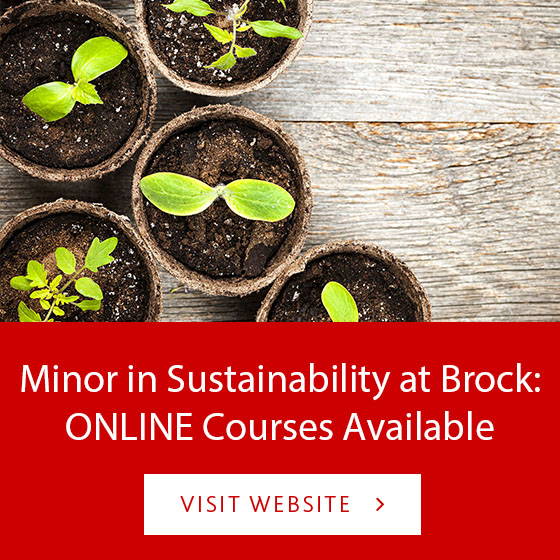Blog Contributor: Mikellena Nettos

To sum it up – this program deeply changed my life. I have learned so much and met so many amazing people that inspire me every day. I can truly say it was one of the best decisions I have ever made in my life so far and I know I will take what I have learned and bring it with me for the rest of my life.
First semester I was enrolled in Environmental Sustainability Education & Foundations of Sustainability. In Environmental Sustainability Education (SSAS 5V80) – I truly learned the effect the environment can have – not only on your mental health – but on your capacity to learn. Dr. Xavier showed us how ESE can induce empathy for nature and for people and I think this will be the way we overcome the climate crisis – empathy. Did you know 20% of the world has empathy? That’s it – and I think it is because of individualism that capitalism pushes onto modern society. To combat the crisis, we must come together and share empathy for people and the planet – put aside our differences and put the earth first. This then led me to creating a group to try and promote a sense of community around sustainable values. I now have 35 people in my community group and 143 followers on my Instagram page where I promote clean-ups, started a sustainable book club, and discuss various topics about sustainability to educate and come together with my followers.
The second semester was hard and pushed me to my limits. The course load during the pandemic was a lot to balance. From working as an RA, to being enrolled in Project Management (SSAS 5P03) and Climate Change Adaptation (SSAS 5P12) – all while trying to secure a co-op and write my proposal. I had a few breakdowns coupled with COVID-19 isolation – but I never gave up because I love sustainability. It truly has lit my heart on fire. In Dr. Blythe’s Climate Change Adaptation – the conversations I was able to have with my cohort on diverse topics really gave me hope for the future of our planet. Additionally, the book review gave us the opportunity and freedom to study any aspect of sustainability. I chose “All We Can Save” and that book really changed my life. It’s so inspiring but very sad at the same time. It has taught me so much and I truly hope there is a course developed around analyzing it because it is very eye opening to the severity of our climate emergency.
My research is also something I am very passionate about – and I am so lucky to have Dr. Blythe as my supervisor – she is such an inspiration. I am looking forward to mapping the proximity of environmental hazards and environmental benefits to minority communities in Ontario and Dr. Blythe plans to assist me in knowledge mobilization once my research is complete! This will hopefully influence the government to take environmental racism seriously and protect vulnerable populations. The reason I chose this topic is because I believe we need to protect and elevate everyone if we are to solve the climate crisis and that starts with those who are affected by it the most.
While the pandemic has definitely caused some stress and our cohort was not able to meet in person – I have still made amazing connections with people I will hopefully continue to share the sustainability space with, and I am so glad that I chose this path. I really want a future career in sustainable community engagement – I want to spread the word of a sustainable future alongside Mother Earth’s allies to sustain a thriving future for everyone on the planet.











